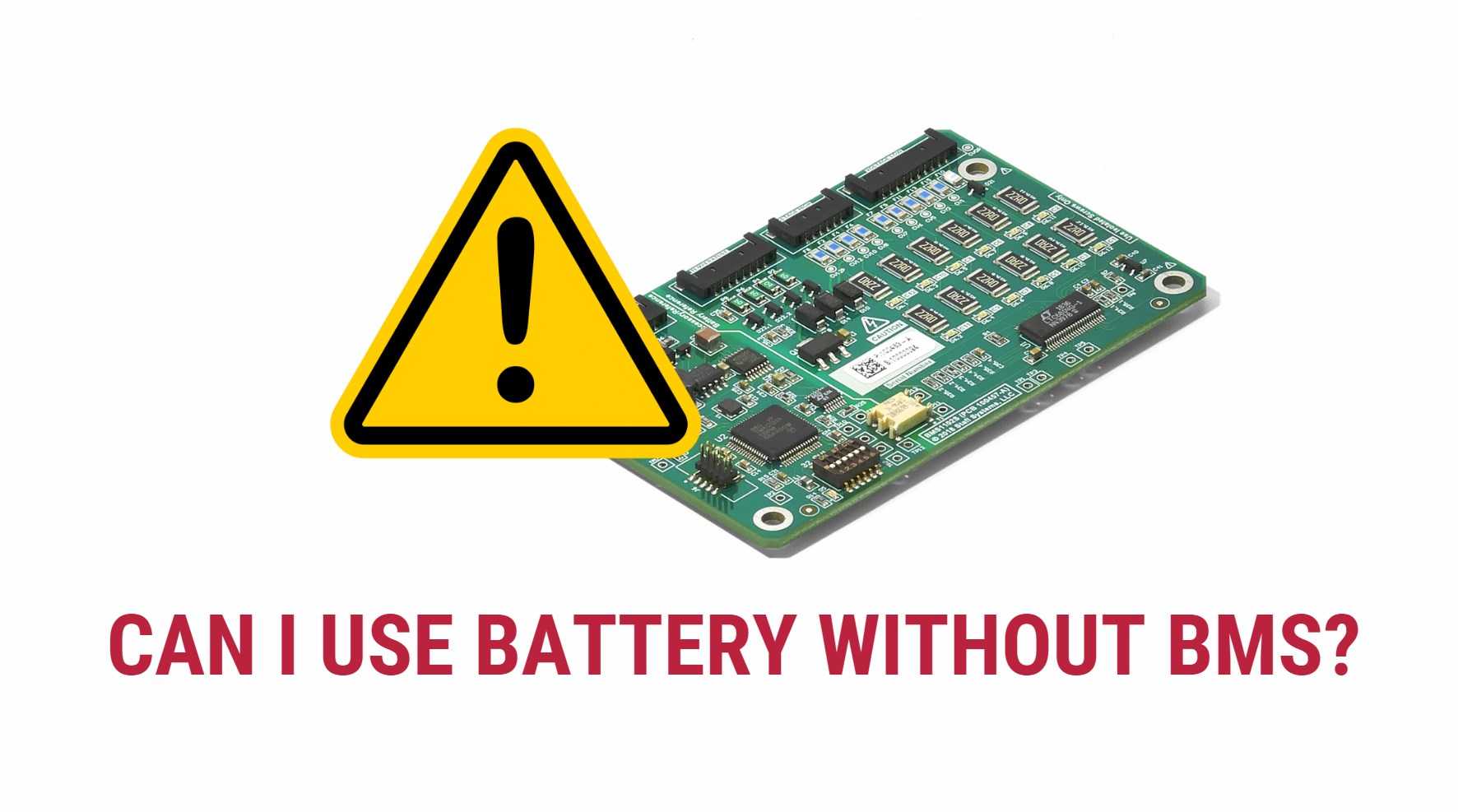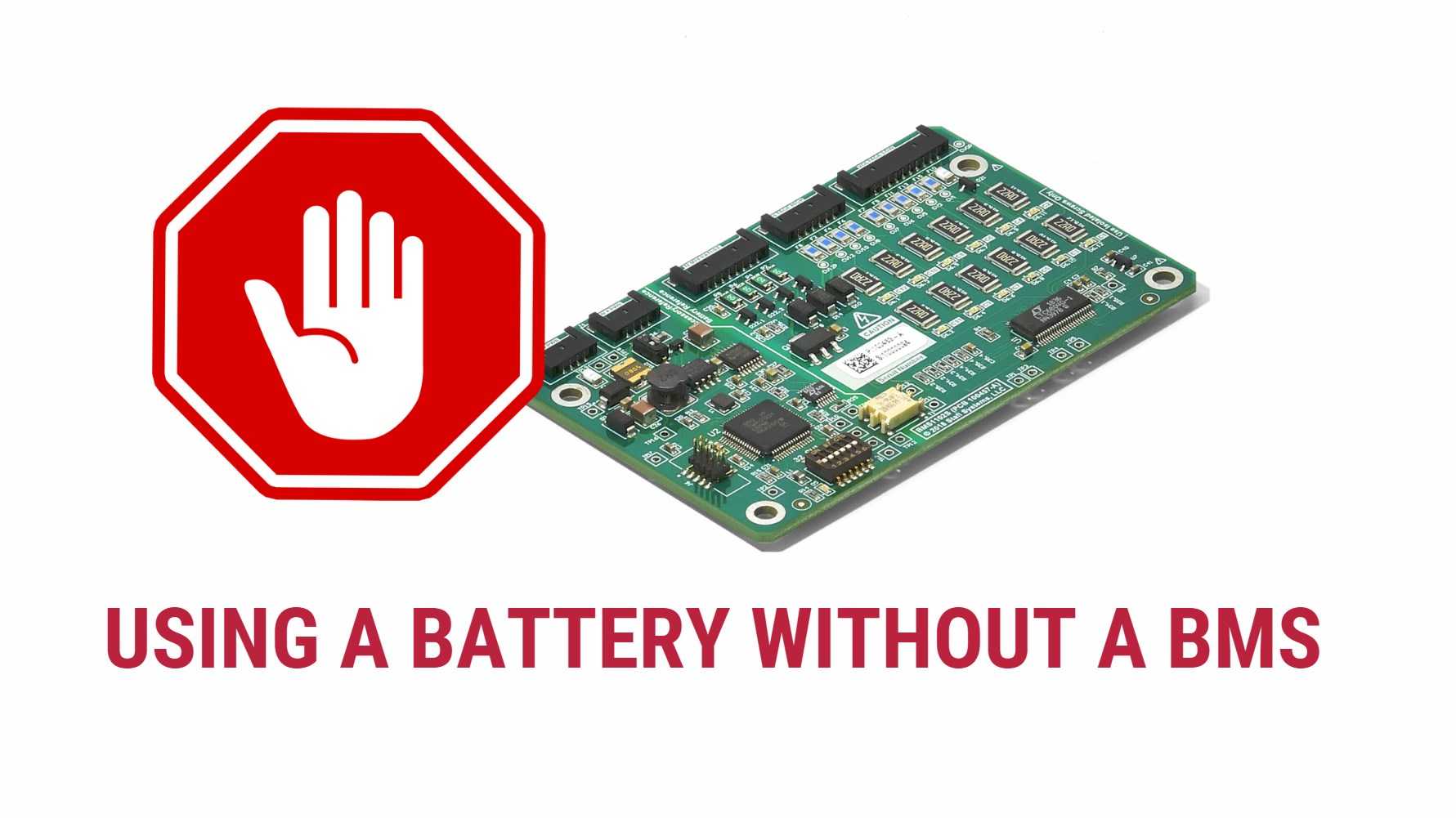When it comes to battery management, the question of whether you can use a battery without a Battery Management System (BMS) is crucial for both safety and performance. A BMS plays an essential role in monitoring and managing the various parameters of a battery pack, particularly in lithium-ion batteries such as Lithium Iron Phosphate (LiFePO4). In this article, we will explore the implications of using a battery without a BMS, the risks involved, and the benefits of incorporating one into your battery system.
1. Understanding Battery Management Systems (BMS)
1.1 What is a BMS?
A Battery Management System is an electronic system that manages a rechargeable battery pack. It ensures that each cell within the battery operates within its safe voltage and temperature limits. The main functions of a BMS include:
Wholesale lithium golf cart batteries with 10-year life? Check here.
- Monitoring Voltage: Keeping track of the voltage levels of individual cells.
- Balancing Cells: Ensuring all cells are charged and discharged evenly.
- Temperature Control: Monitoring temperature to prevent overheating.
- Safety Features: Providing over-voltage, under-voltage, and over-current protection.
1.2 Importance of a BMS
The importance of a BMS cannot be overstated:
Want OEM lithium forklift batteries at wholesale prices? Check here.
- It enhances the lifespan of the battery by preventing conditions that can lead to degradation.
- It improves safety by minimizing risks associated with thermal runaway and short circuits.
2. Risks of Using a Battery Without a BMS
2.1 Overcharging and Over-discharging
Without a BMS, there’s no mechanism to prevent overcharging or over-discharging:
- Overcharging can lead to excessive heat generation, potentially causing thermal runaway, which may result in fire or explosion.
- Over-discharging can damage the cells, reducing their capacity and lifespan.
2.2 Cell Imbalance
In multi-cell configurations, cells can become imbalanced:
- Without a BMS to balance the cells, some may become overcharged while others remain undercharged, leading to premature failure.
2.3 Lack of Safety Features
Without a BMS, critical safety features are absent:
- There is no protection against short circuits or excessive current draw, increasing the risk of accidents.
3. Performance Issues Without a BMS
3.1 Reduced Efficiency
Batteries without management systems often operate less efficiently:
- Energy loss during charging and discharging can occur due to imbalances among cells.
3.2 Shortened Lifespan
The absence of monitoring leads to conditions that can significantly shorten battery life:
- Regular cycling without proper management can lead to irreversible damage.
| Feature | With BMS | Without BMS |
|---|---|---|
| Overcharge Protection | Yes | No |
| Cell Balancing | Yes | No |
| Temperature Monitoring | Yes | No |
| Lifespan | Extended | Shortened |
4. Benefits of Using a Battery with a BMS
4.1 Enhanced Safety
The primary benefit of using a battery with a BMS is enhanced safety:
- Users can have peace of mind knowing that their battery system is protected against common risks.
4.2 Improved Performance
A BMS optimizes battery performance:
- By balancing cells and ensuring efficient charging and discharging cycles, users can achieve better overall performance.
4.3 Longevity
Batteries equipped with a BMS tend to have longer lifespans:
- Regular monitoring and management help maintain optimal operating conditions for each cell.
5. Alternatives to Using a BMS
While it’s not advisable to operate batteries without some form of management system, there are alternatives:
- Basic Monitoring Systems: Some simpler systems provide basic voltage monitoring without full management capabilities.
- Manual Monitoring: Users can manually check voltages and temperatures but this method is labor-intensive and prone to human error.
6. Latest Developments in Battery Management Technology
Recent advancements in battery management technology focus on enhancing safety and efficiency:
- New algorithms for smart BMS provide real-time data analysis, allowing for better decision-making regarding energy usage.
- Research into solid-state batteries promises improved safety features that could further reduce reliance on traditional BMS systems.
7. Frequently Asked Questions (FAQs)
7.1 Can I charge my lithium battery without a BMS?
Technically yes, but it is highly discouraged due to safety risks associated with overcharging and thermal runaway.
7.2 What happens if my battery gets too hot?
Without a BMS, excessive heat can lead to thermal runaway, potentially causing fire or explosion.
7.3 Are there any exceptions where I might not need a BMS?
In very low-power applications or single-cell setups where risks are minimal, some users may opt not to use a BMS; however, this is generally not recommended.
8. Conclusion
In conclusion, while it may be possible to use lithium batteries without a Battery Management System (BMS), doing so poses significant risks that can compromise safety and performance. The advantages of incorporating a BMS far outweigh any potential benefits of operating without one. For anyone looking to ensure reliable operation and longevity of their battery systems—especially in high-performance applications like electric vehicles or renewable energy storage—investing in quality batteries with an integrated management system is essential.At Redway Battery, we specialize in manufacturing high-quality Lithium LiFePO4 solutions tailored to meet diverse customer needs worldwide. With our extensive experience in this field, we provide custom solutions quickly for wholesale and OEM customers. For a quick quote or more information about our products, please contact us today!







